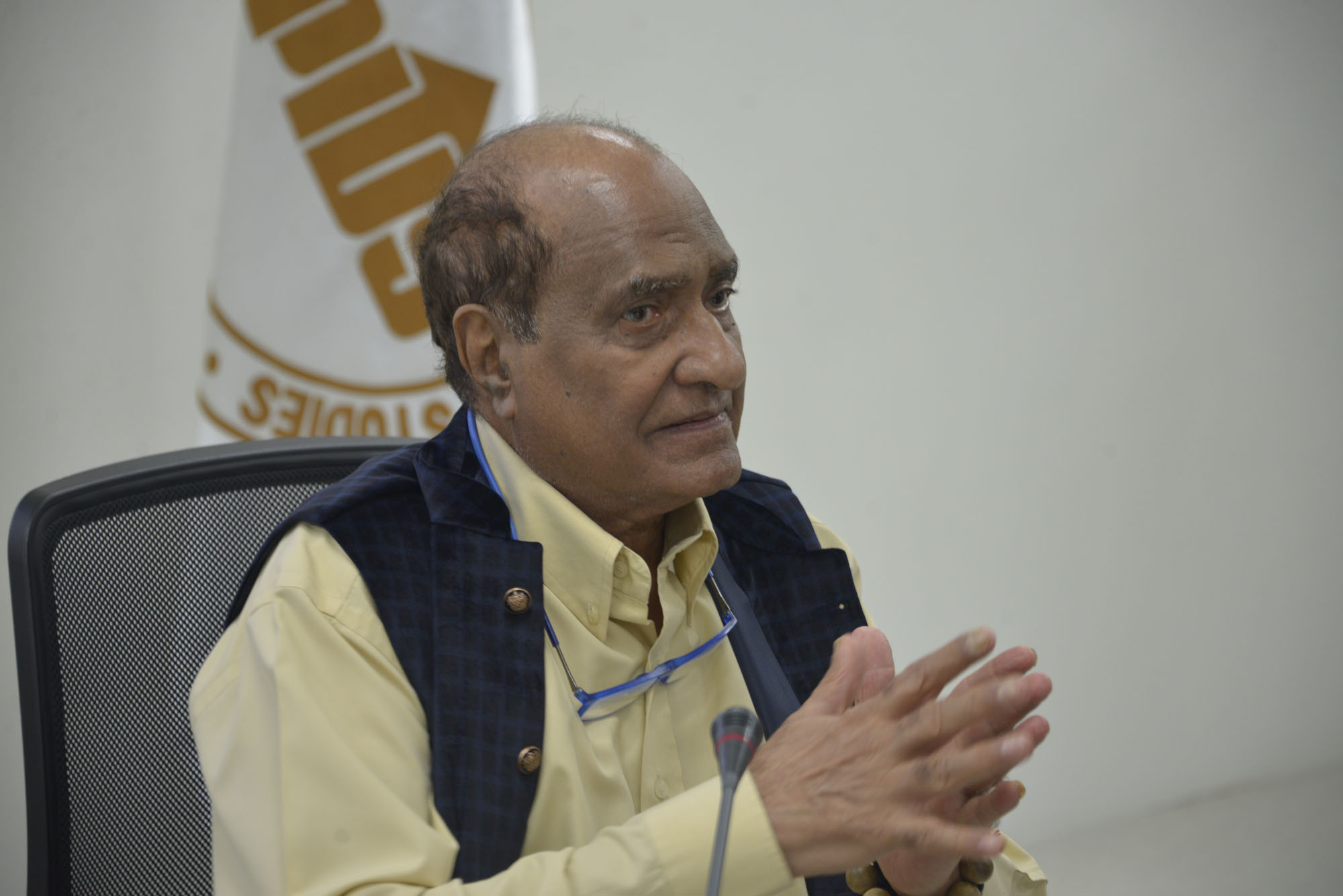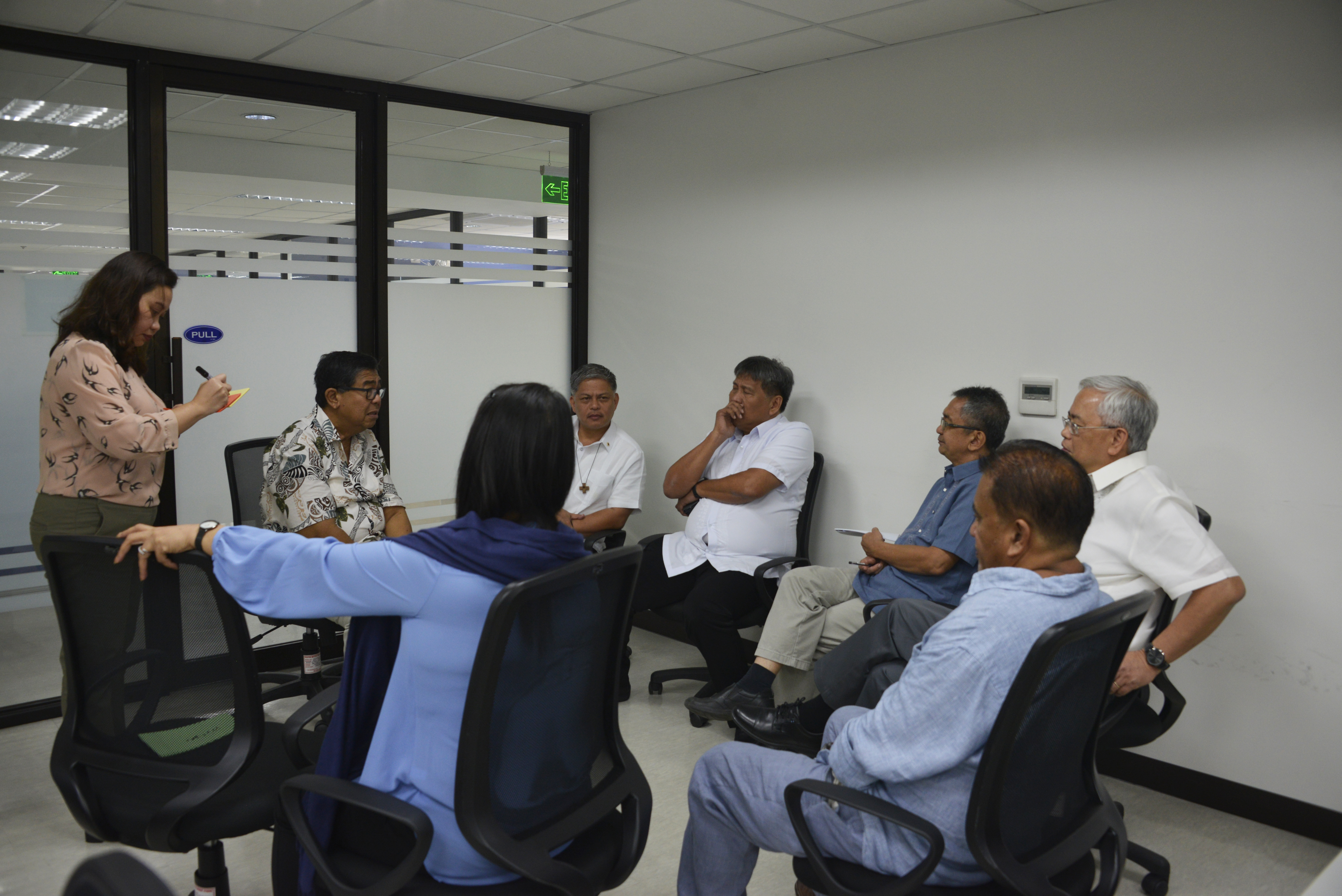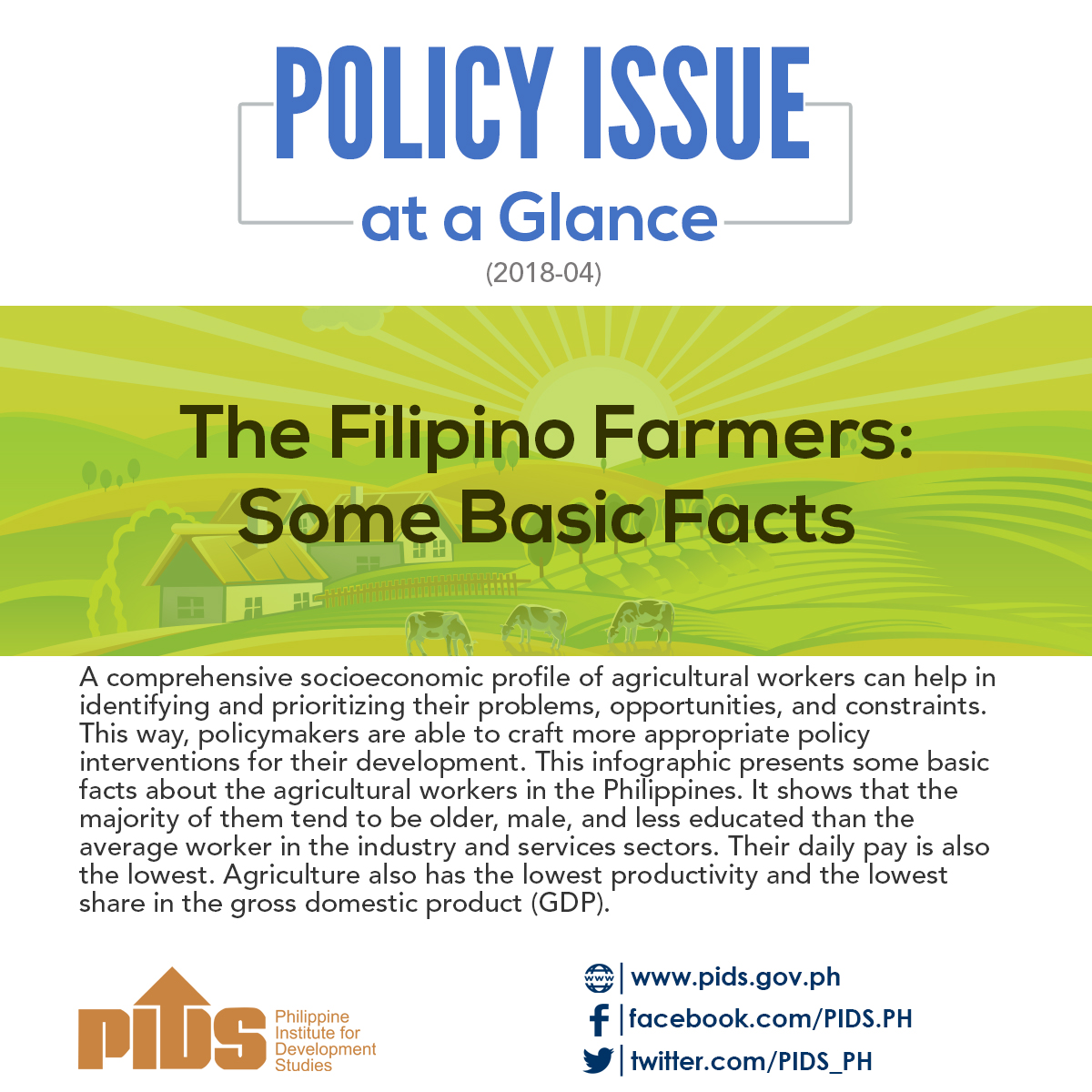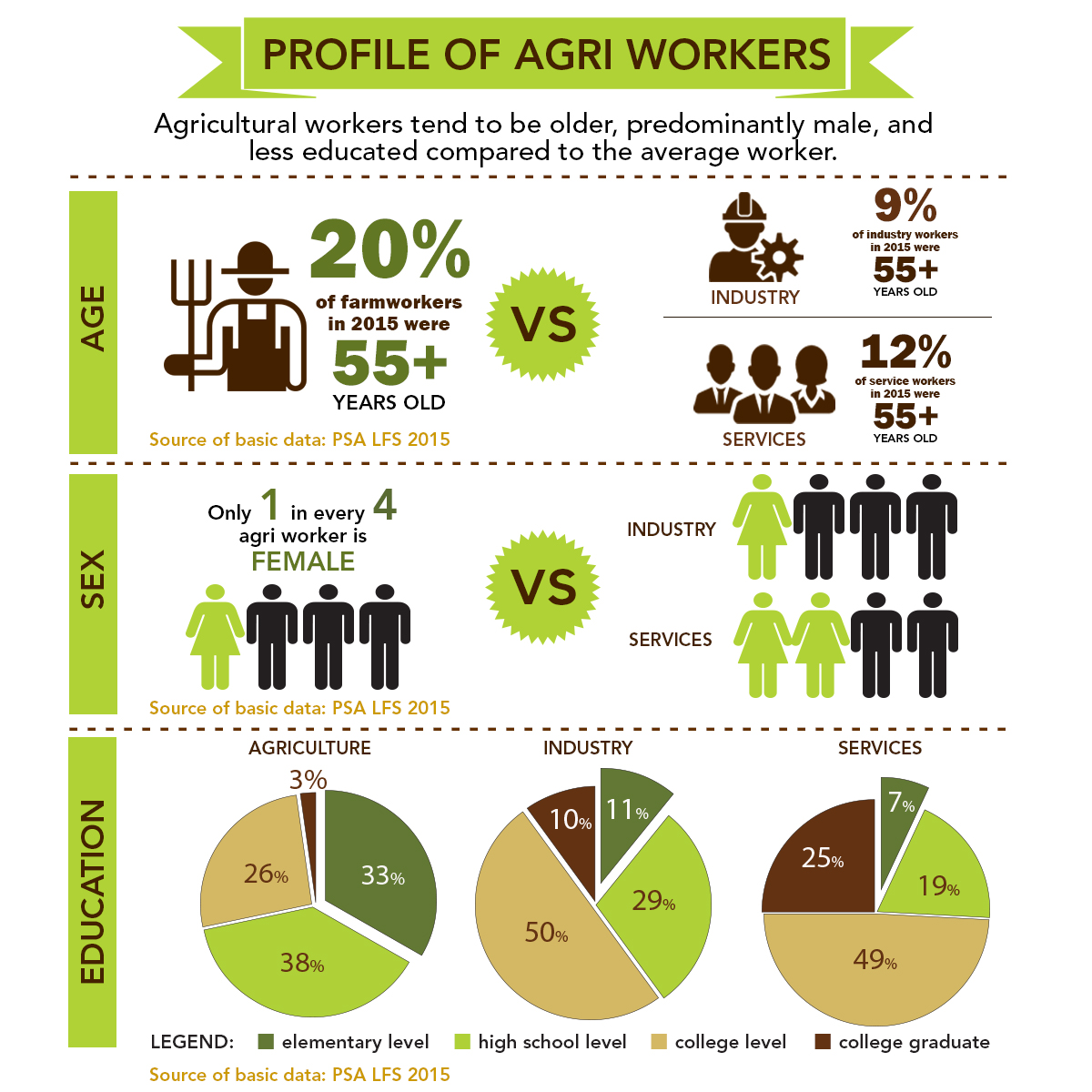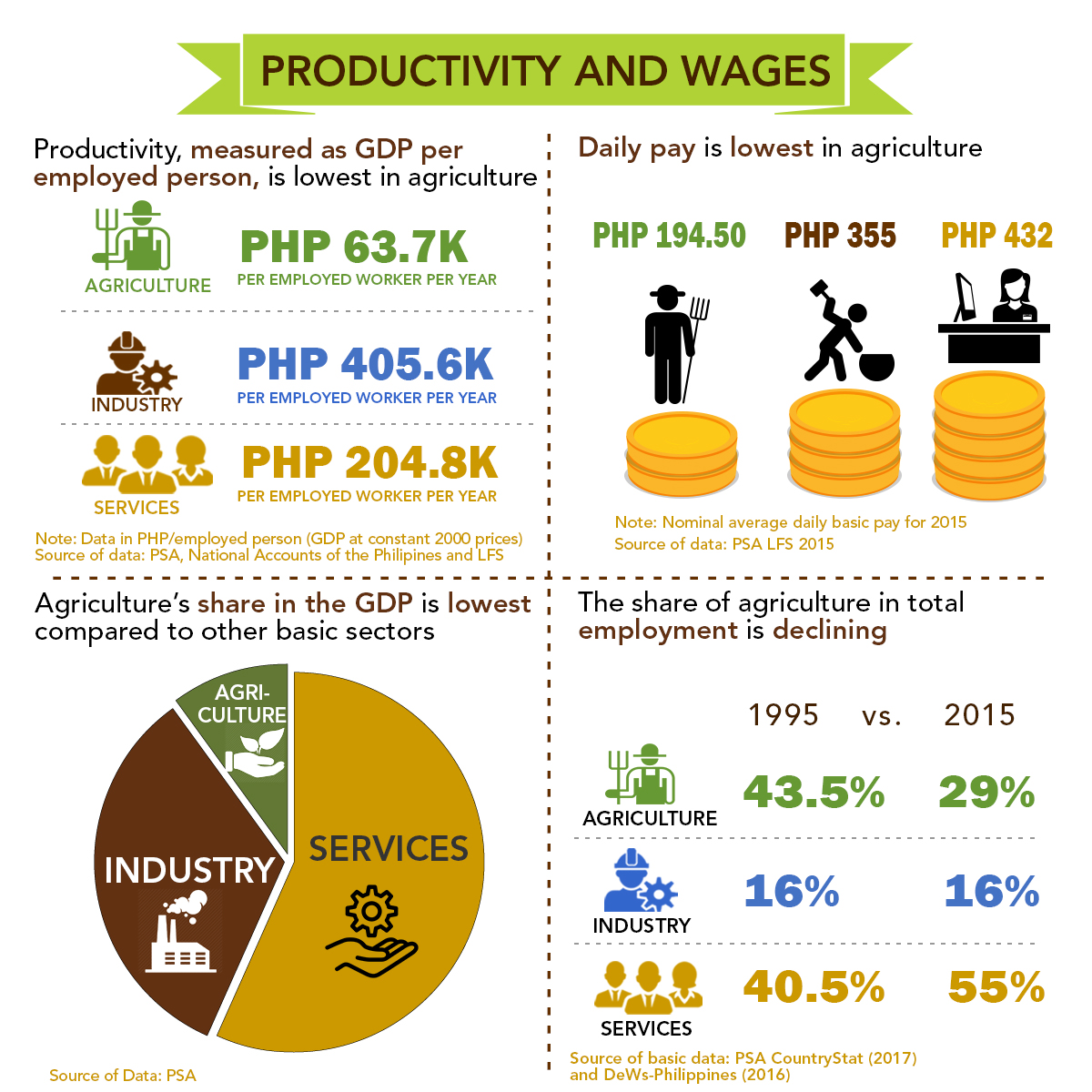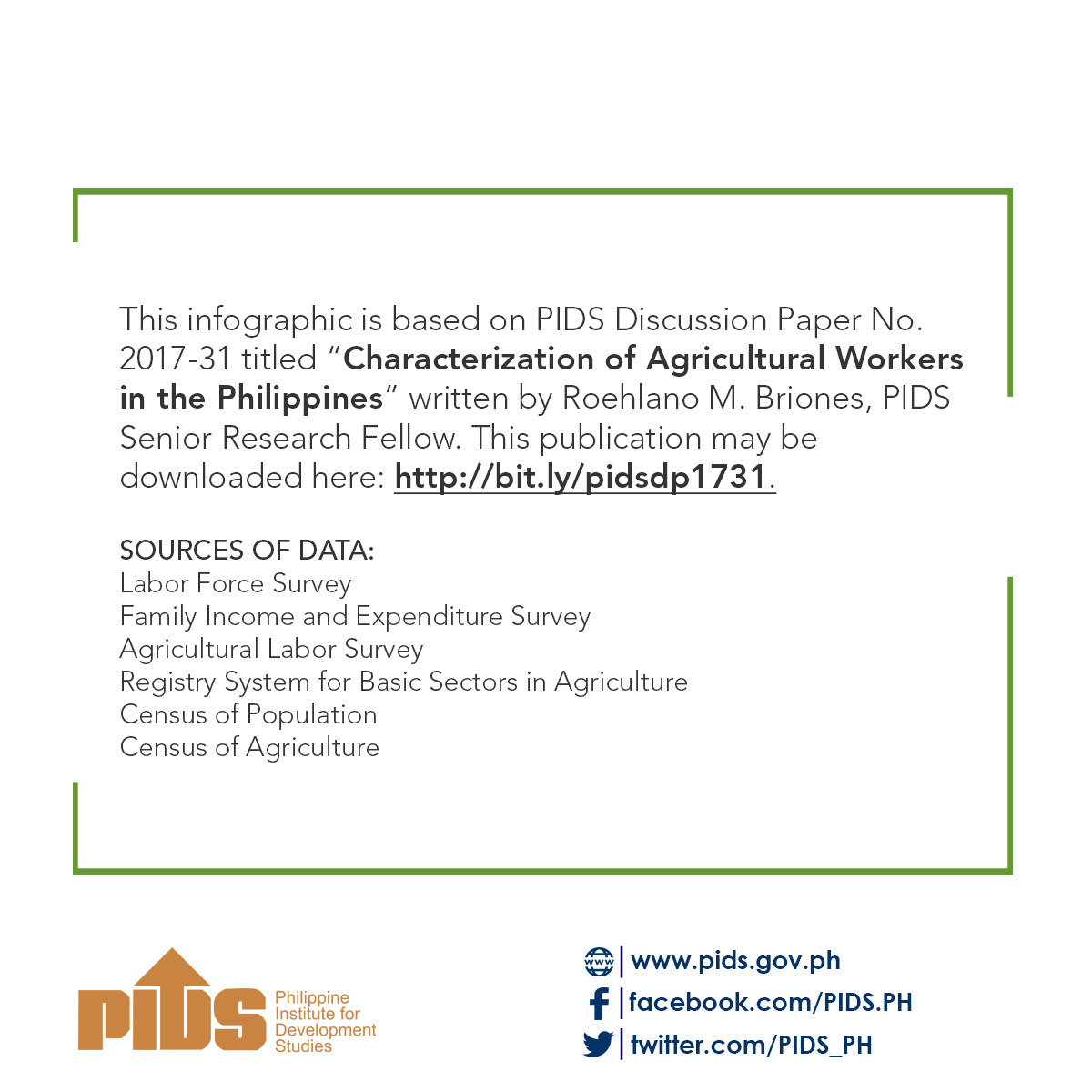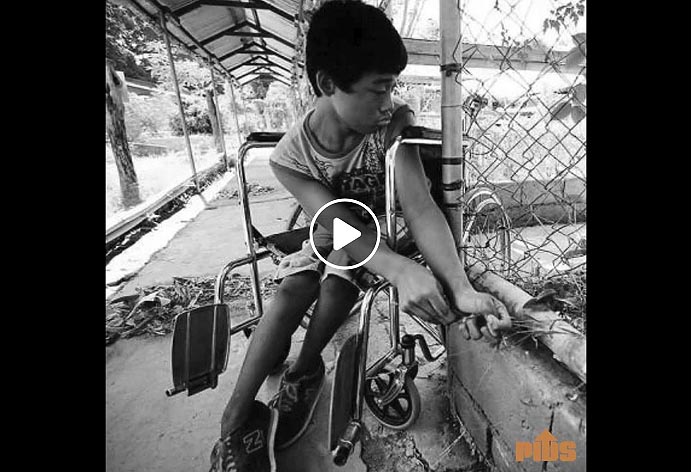Having trouble reading this email? View it in your browser. |
||||
 |
||||
|
||||
POLICY NOTE PN 2018-03: Ensuring the Success of Agribusiness Ventures in the Philippines Despite the passage of the Comprehensive Agrarian Reform Law, government support to farmers of high-value crops, such as banana, pineapple, and sugarcane, has remained insufficient. This scenario enticed the agrarian reform beneficiaries to enter into agribusiness ventures, such as agribusiness venture arrangements (AVAs) and sugarcane block farming (SBF), to boost their income. This Policy Note analyzes the elements of a successful implementation of AVAs and SBF in the country. Through the development of a conceptual framework, it points to government assistance, availability of required capital, and provision of production, postproduction, processing, and marketing needs as important elements for a successful AVA and SBF. The study argues that the interplay of these elements eventually affects farm productivity and income as well as the decision of investors to continue investing in said crops and arrangements. Click here to download the paper. DISCUSSION PAPER DP 2018-04: Lessons on Providing Cash Transfers to Disaster Victims: A Case Study of UNICEF's Unconditional Cash Transfer Program for Super Typhoon Yolanda Victims In response to the effects of super typhoon Yolanda, the United Nations Children's Fund (UNICEF) implemented an unconditional cash transfer (UCT) program that provided emergency relief to 10,000 vulnerable families in Tacloban City and neighboring areas. This paper describes and assesses the design of the UCT program. It evaluates the UCT based on data collected from three survey rounds from a sample of UCT household beneficiaries, as well as other primary data sourced from focus group discussions with beneficiaries as well as interviews of key stakeholders. The evaluation suggests that the cash transfer was able to help the beneficiaries smooth their food consumption as well as address some of their other needs such as medicines, housing repair, livelihood, and education-related expenses. More than half of the cash was spent on food and this led to a decline in the malnutrition prevalence among children. Some households used part of the money to start or expand livelihood activities. The amount of the cash was very significant compared to their usual income and allowed them to purchase items that they would not ordinarily be able to purchase. Majority of the beneficiaries recovered, either partially or fully, from the devastation of Yolanda after the six-month program. Recommendations for future emergency cash programs and emergency responses are also provided. Click here to download the paper.
|
June 27, 2018, 9AM–3PM September 19, 2018, 9AM–5PM ------------------------------------------
The Philippine Journal of Development is a professional journal published by the Philippine Institute for Development Studies. It accepts papers that examine key issues in development and have strong relevance to policy development. As a multidisciplinary social science journal, it accepts papers in the fields of economics, political science, public administration, sociology, and other related disciplines. It considers papers that have strong policy implications on national or international concerns, particularly development issues in the Asia-Pacific region. CLICK HERE for the guidelines in the preparation of articles. Submissions and inquiries may be sent to PJD@mail.pids.gov.ph. |
|||
Investing in education promotes economic growth. This was according to Nanak Kakwani, a poverty expert from the University of New South Wales, who presented his paper during a seminar held at the Philippine Institute for Development Studies recently. Citing China’s poverty reduction strategies, Kakwani said the level of importance it gives to education, especially in the tertiary level, might have played a role in the country’s economic growth. READ MORE The government should consider slowing down the implementation of the Pantawid Pamilyang Pilipino Program (4Ps) to make sure only the poor benefit from it. This was according to Nanak Kakwani, poverty expert from the University of New South Wales, during a seminar at the Philippine Institute for Development Studies (PIDS) recently. Kakwani explained the slowdown may provide the government the needed breather to fine-tune the program’s targeting mechanism, among others, plugging the leaks in the process. READ MORE
A key commitment of the 2030 Global Agenda is to ensure no one is left behind. To explore the opportunities and constraints faced by higher education institutions (HEIs) in helping eradicate poverty at the local level, the Philippine Institute for Development Studies (PIDS) and the United Nations Development Programme (UNDP) convened a forum on April 10 with officials from HEIs, national and local government, and other development partners. Dr. Noel De Dios, president of the Human Development Network, and Dr. Celia Reyes, president of PIDS, gave opening remarks. READ MORE
|
||||
POLICY ISSUE AT A GLANCE The Filipino Farmers: Some Basic Facts A comprehensive socioeconomic profile of agricultural workers can help in identifying and prioritizing their problems, opportunities, and constraints. This way, policymakers are able to craft more appropriate policy interventions for their development. This infographic presents some basic facts about the agricultural workers in the Philippines. It shows that the majority of them tend to be older, male, and less educated than the average worker in the industry and services sectors. Their daily pay is also the lowest. Agriculture also has the lowest productivity and the lowest share in the gross domestic product. This infographic is based on PIDS Discussion Paper No. 2017-31 titled Characterization of Agricultural Workers in the Philippines written by Roehlano M. Briones, PIDS senior research fellow.
To view in actual size, visit the PIDS website or the PIDS Facebook page.
FACT FRIDAY PIDS study found out-of-pocket expenses are significant, especially for households with children with disabilities. According to the study, these households spend about 15 percent of their income on health care annually. To reduce expenses, they resort to self-medication, which may further worsen the situation of their children. While expanding PhilHealth benefits to cover therapy services can help improve their health, this will still not cover other out-of-pocket expenses, such as the cost of maintenance medicines and transportation. The study proposed expansion of PhilHealth benefits for children with disabilities to cover medications, nursing/caregiver support, and transportation assistance. This is based on PIDS Discussion Paper No. 2017-60 titled Health Practices of Children and Women with Disabilities. Watch the latest #PIDSFactFriday video below. Like us on Facebook for more videos. |
||||
Need help? Have feedback? Feel free to contact us. © 2018 Philippine Institute for Development Studies.
|
||||
.jpg)

